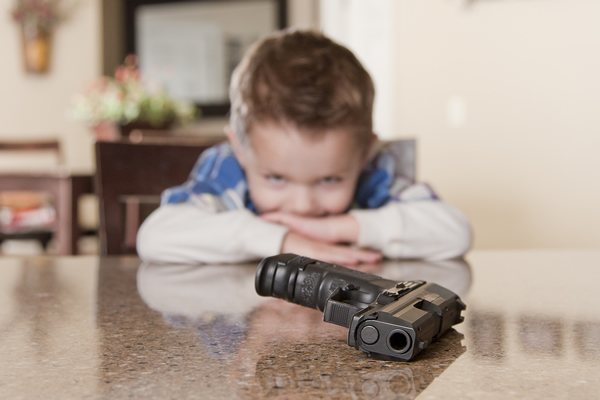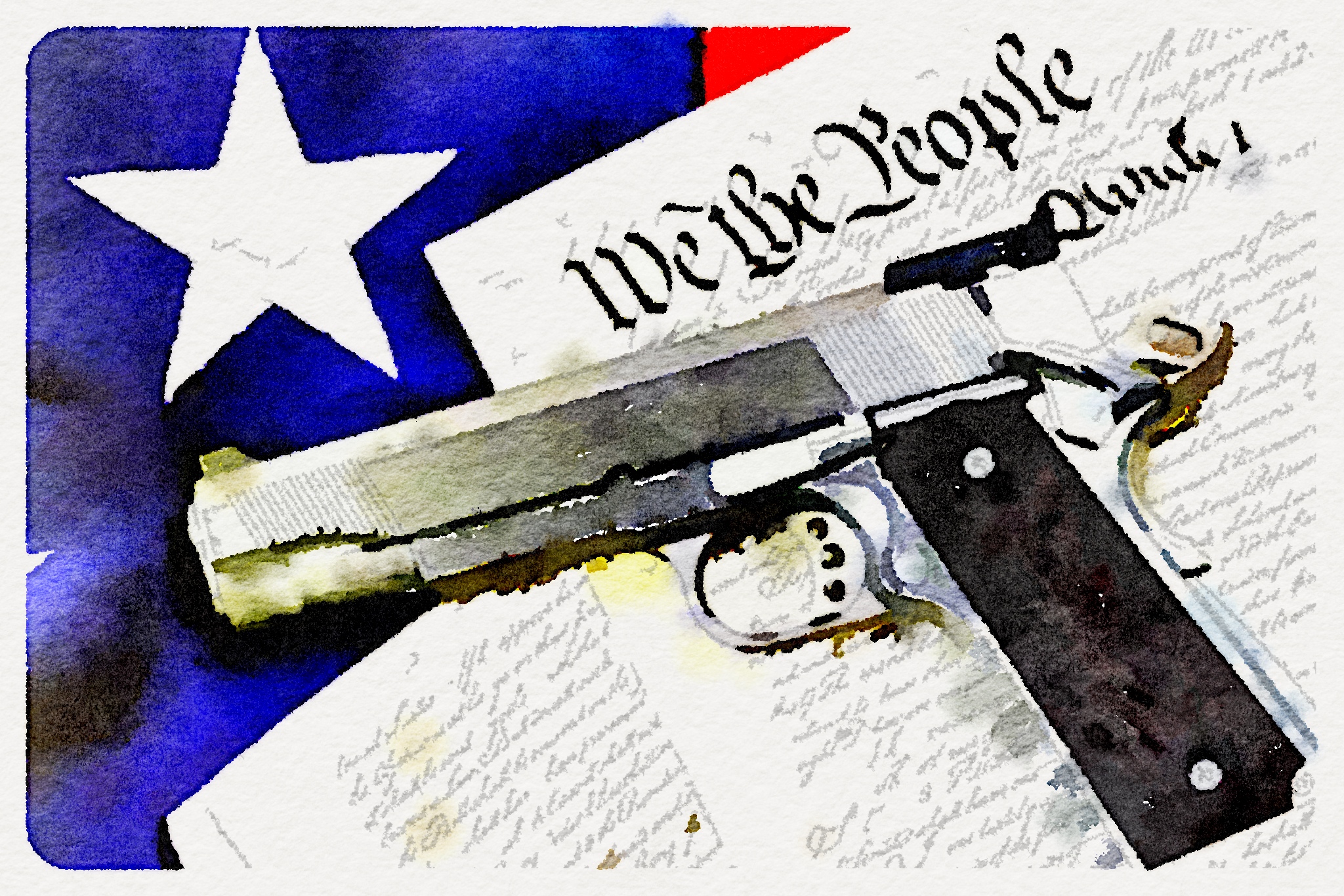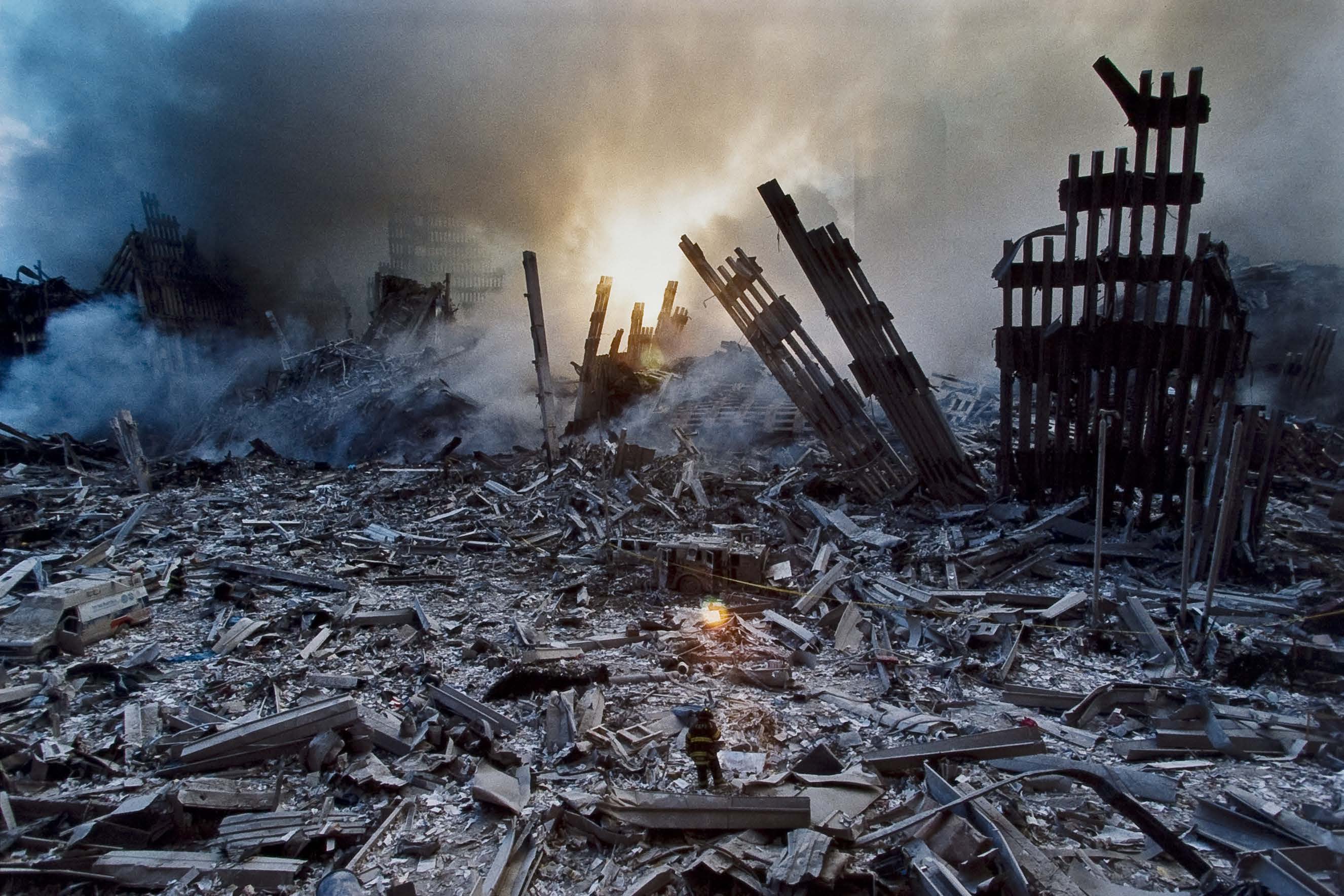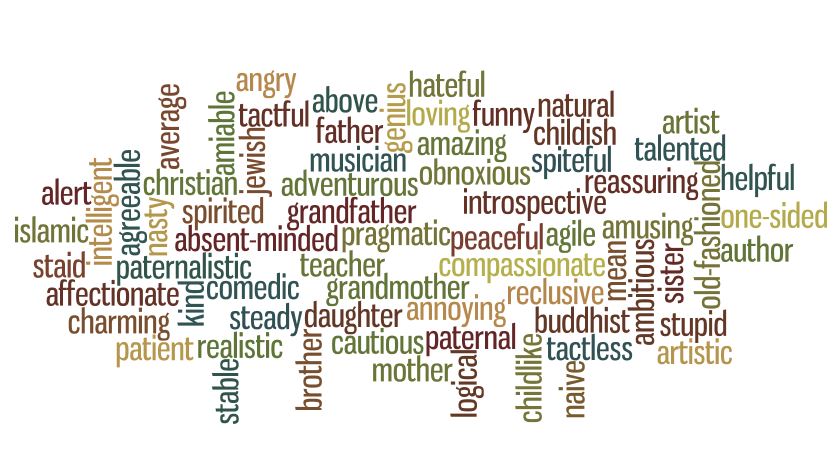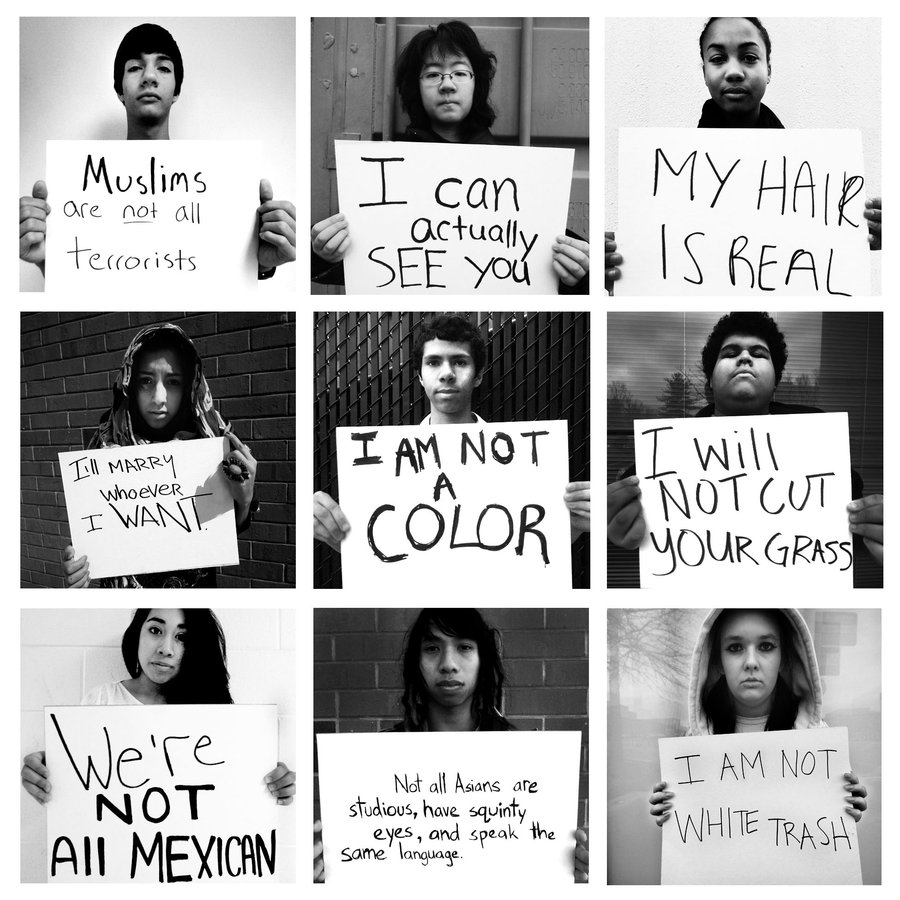The media, social and mainstream thrive on two things — 1. Shock Value and 2. Virality.
I read an article recently about a church in Georgia that posted a sign out front. It states “Homosexuality is a death worthy crime. – Leviticus 20:13”
I was taken aback to see something like that posted. I consider myself a Christian in faith, though I am not religious, but was nonetheless aghast at such a statement. I have many dear friends of mine that are LGBT and of course my first instinct is to get upset or angry at what this pastor posted. To me, it bothers me from several aspects. First, it is this type of mentality that causes many people to dislike those that are religious. To me, my faith is a very personal thing. I wouldn’t dream of cramming it down anyone’s throat and frankly my faith is nobody’s business but mine. It is my opinion that people who use such statements are using it for nothing more than to express their outrageous arrogance and an attempt to stab at one group or another in their own zealot hatred (and perhaps fear).
Digging deeper into the story, the pastor states that the Bible does not condone homosexuality and that the laws of God clearly state that homosexuals must die under god’s law.
What Leviticus 20:13 actually states is:
“If there is a man who lies with a male as those who lie with a woman, both of them have committed a detestable act; they shall surely be put to death. Their bloodguiltiness is upon them.” (NIV)
There are many such statements in the bible (especially the Old Testament) which have laws to live by;
“If there is anyone who curses his father or his mother, he shall surely be put to death; he has cursed his father or his mother, his bloodguiltiness is upon him.” Leviticus 20:9 (NIV)
“You are to keep My statutes. You shall not breed together two kinds of your cattle; you shall not sow your field with two kinds of seed, nor wear a garment upon you of two kinds of material mixed together.” Leviticus 19:19 (NIV)
OK, I happen to agree with the 20:9 statements, though “death” seems just a tad extreme. As for the 19:19, well I don’t know what to say about that. I know some farmers who would be pretty upset at having to limit their fields to one type of seed and some clothing designers who would be seriously troubled at having to limit their garments to one type of material.
Let’s take this in its actual context though; The bible was written from 1,400 B.C. to 500 B.C. (Old Testament – aka: Torah), then you have the New Testament which was written from about 60 A.D. with James and completed around the late 90 A.D. with Revelation.
The (abbreviated) bare bones of the history of the bible:
- The book is almost two thousand years out of date.
- It was written in a time where we had clans and groups of people traveling and small villages of lawlessness. They needed a set of laws that could hold a level of humanity and civility to them.
- Christianity did not really gain traction until Constantine, an emperor of Rome from 306 to 337 A.D. saw the benefits of the religion as a way to control the populace. To give his people laws ordained by none other than God himself gave Constantine the ability to literally strike the fear of God in his people.
- The Bible consists of sixty six books, canonized and collected by the church of Rome around 144 A.D.. They began sifted through hundreds of Hebrew scrolls and written text. It wasn’t until the fourth century that Augustine and Jerome’s cannon contained all of the books now contained in the Old and New Testament. Many people believe that it was the Council of Nicea (held in 325 A.D.) that determined which books should make up the bible, but that is not the case.
- Jesus never said one word about homosexuality (according to the Bible).
All of this being said, I think it would help to bring a lot more people to the Bible if we could somehow integrate modern canons, but under whose authority could this even be done? We are forced to adhere to and interpret ancient texts that relate and don’t relate to today’s modern world.
It is my opinion that far too many self-proclaimed “Christians” take the Bible at face value, with no room for interpretation with regards modern culture and society.
In the Bible it also states:
“Let the little children come to me, and do not hinder them, for the kingdom of heaven belongs to such as these.” (Matthew 19:14)
and
“Cast the net on the right-hand side of the boat and you will find a catch.” (John 21:6)
Many people interpret those two statements as a calling to bring people to the church. Perhaps it is, then again, perhaps it is exactly what it sounds like, Jesus teaching people a lesson with no more symbolism than the raw text of what is being said? The reality is, no one will ever really know what the true intended meaning is but those who wrote the text. All we can do is interpret, interpret, interpret.
My church, Netcast Church out of Beverly, MA believes in social acceptance but letting scripture guide us. It is my opinion, that if Christians have any hope of bringing people to their faith, they must be accepting of people regardless of their choices and love them nonetheless. Christianity is not about cramming a bible down someone’s throat or shoving a cross into someone’s head. It’s about caring about one another (even when you don’t want to) in the hopes that you might get through to them and lead them in a better direction. And keep in mind, sometimes that better direction is not a direction you would agree with or that the Bible would agree with, but that’s okay. We should love our neighbors and respect that they will believe what they want to believe and love them regardless, Christian, Jewish, Agnostic, we all make our own choices. It’s what free will is about.
This pastor in Georgia is not trying to convert or pull in anyone; he is trying to keep the zealots he currently has, which is a sad misuse of the title of “pastor”.
I just wish that more people will choose to use the adage “You catch more flies with honey than you do with vinegar.” – when trying to get through to people concerning their faith.
Source: Huffington Post

